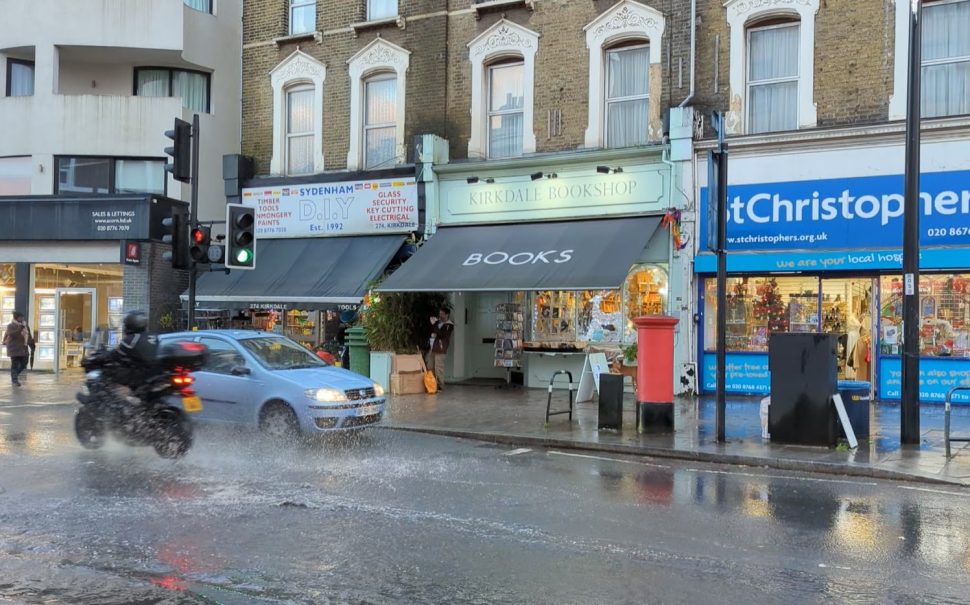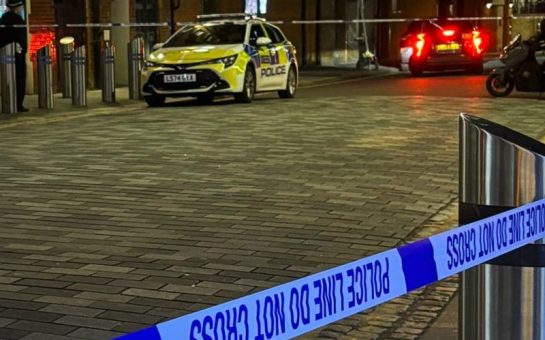London’s independent bookshop community is one of the largest in Europe, with more than a thousand shops on the official register.
However, the cost of living has restricted many peoples’ ability to spend money at a bookshop, and after three years of covid the market has been impacted significantly by both events.
However, when speaking to the people keeping these shops running, the mood is less grim than readers might imagine.
Freddie Butler, who has worked at Kirkdale Bookshop in Crystal Palace for almost seven years, felt a lot more optimistic about the shop after a big increase in the runup to Christmas last year.
“Once we came out of lockdown and shops could be open, the place went absolutely mad. All of the community came out to support us and the rest of the shops on the high street,” Butler said.
“Maybe it was because they were itching to get out of the house, I don’t know. But everyone came, and it was it was great.”
Butler also noted that while the cost-of-living crisis affected how people spend on consumables, such as groceries, it was less significant for booksellers.
“We’re very lucky here. We’ve got a lot of customers who might not necessarily feel the worst effects of the cost of living crisis, but I think we also do have a lot of people who are stepping back a little from what they’re buying.
“I think the way thing with the bookshop is that You might cut back on going out for an expensive meal with your family, but you might want to treat yourself to a book. They’re not that expensive and the prices haven’t changed too much.”
This was a sentiment echoed by Inkspot Books owner Kyle Bainbridge, based in Streatham.
“The post-lockdown boom we’re in at the moment is incredible. I think, in a way, that it’s softened the blow of the cost of living impact, because after the last couple of pandemic years we’re still seeing more custom than we otherwise would have,” Bainbridge said.
“So many people took up reading over lockdown and have stuck with it. It’s a new hobby for a lot of Londoners and they haven’t quit yet. That’s why we’ve done so well over Christmas. I can’t speak for other shopowners but that’s the sense I get for the market as a whole.”
Nevertheless, Bainbridge also saw big problems in the future of independent booksellers.
“Once the post-lockdown buzz dies down, I’m not sure what situation we’re going to be in. There’s a lot of people out there who are really struggling, and I don’t know if they’re going to be looking at the books we have and thinking ‘that’s the kind of thing I can afford’ in a few months’ time,” he said.
“The main thing is making sure we keep close with the community and know where they’re at. We can manage a bit of a dip in sales if we know that people are going to keep coming back to support us when they can.”
According to data collected by The Independent, reading was the second most popular new hobby taken up by Brits over lockdown.
It became more popular than baking, swimming and gardening, which all saw Covid boosts.
However, it didn’t quite top walking, which remained the most popular new activity.
Lindsay Grange, who works at Hanover Books, Peckham, spoke about this trend, saying it provided a cushion for the cost of living’s impact on sales.
“There are just more people buying books nowadays, and because they got into it over lockdown, and got used to going on walks to shops to get out of the house, those habits are being continued,” Grange said.
“It’s quite strange because lockdown ended up having some really good long-term impacts on the market. People are more willing to support local independent shops because they’re in walking distance when everyone wanted to go for a walk.”
Featured image credit: Theo Burman





